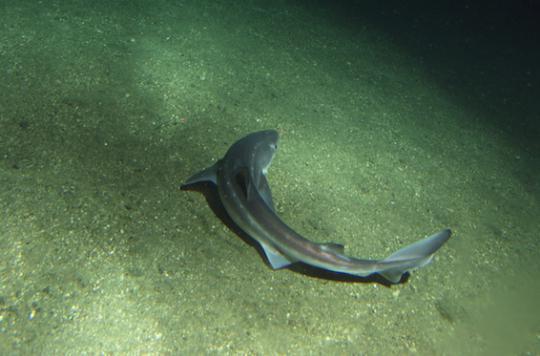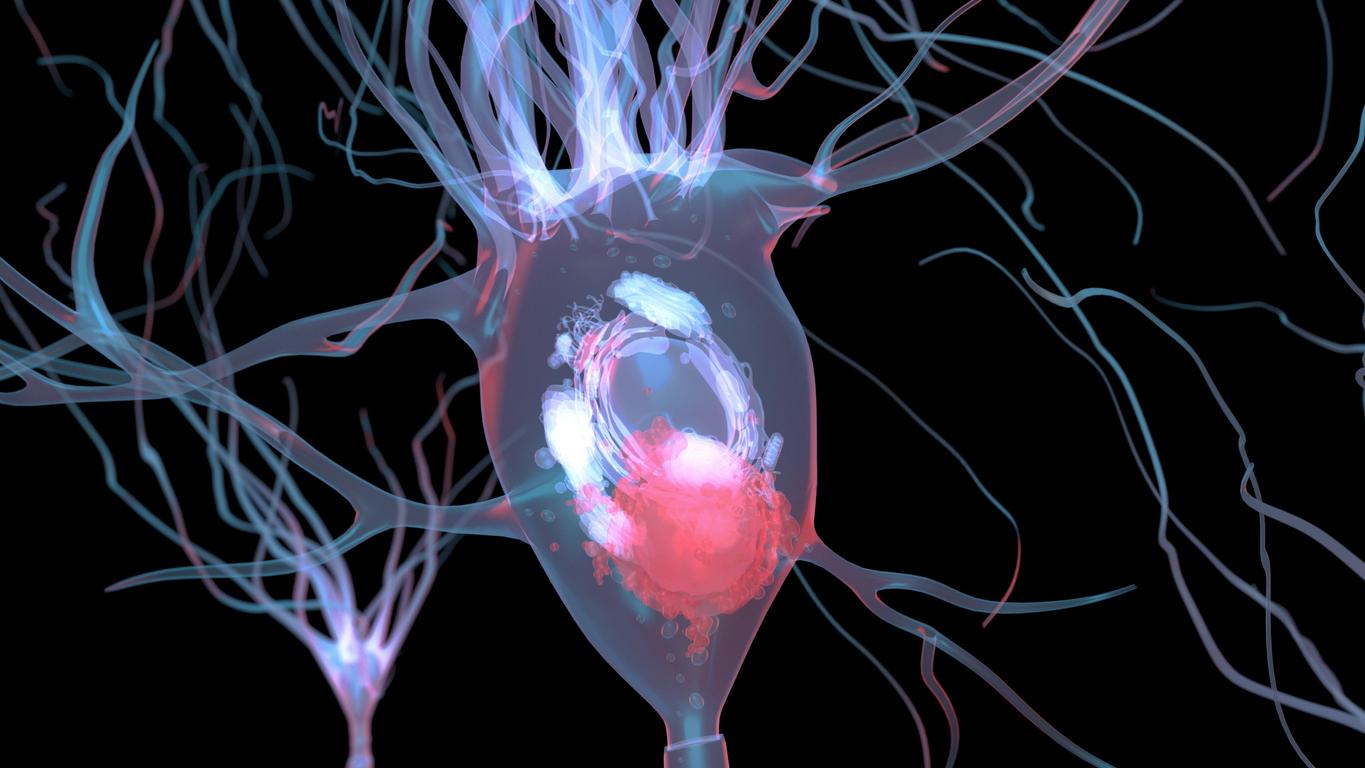Squalamine would inhibit the toxic aggregation of proteins in the nervous system, characteristic of Parkinson’s disease.

Does the shark terrify you? However, it could save you if you happen to develop Parkinson’s disease. Study reveals the power of a protein synthesized by the liver of the Squalus acanthias, a small shark known as the dogfish or “dogfish”, known for its apparent aggressiveness.
These works, published in the journal PNAS, show that this protein, squalamine, could have a therapeutic effect in patients with Parkinson’s. If this effect is confirmed in other studies, it would add to the list of benefits provided by this protein, already known for its antiviral and anticancer properties.
Anti-aggregates
Parkinson’s disease develops when a protein, alpha-synuclein, aggregates abnormally in the nervous system, causing neurons to die. The process by which this aggregate is formed remains very complex. Thus, the authors of this work set out to find a way to “detach” these proteins from the membranes where they attach and accumulate, in order to avoid the formation of these aggregates.
First, squalamine was tested successfully in vitro. According to the researchers, the molecule was able to inhibit alpha-synuclein binding to the membrane, thereby suppressing aggregate-related toxicity.
Conclusive in vitro tests
The tests carried out on a worm genetically modified to produce a quantity of alpha-synuclein were also conclusive. With squalamine administered orally, the worm regained its mobility and the aggregation of alpha-synuclein was prevented.
According to the authors, a drug to treat the symptoms of Parkinson’s disease could be developed from squalamine, if, of course, human tests are also conclusive. The researchers have also announced that a clinical trial will be conducted in the United States in patients with the disease.
.
















-1721998247.jpg)
